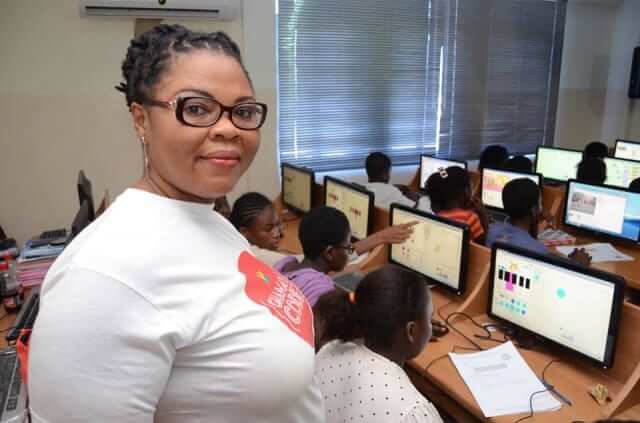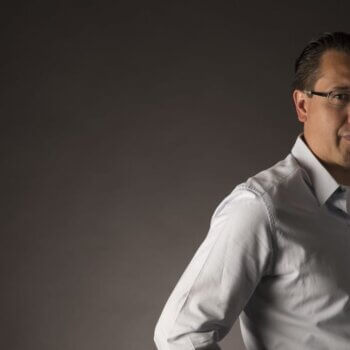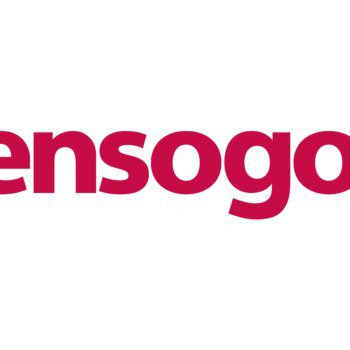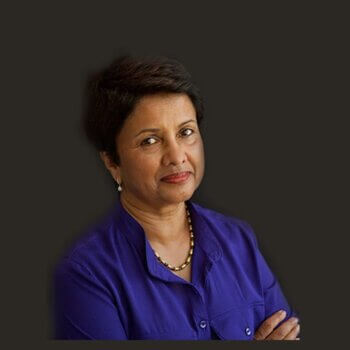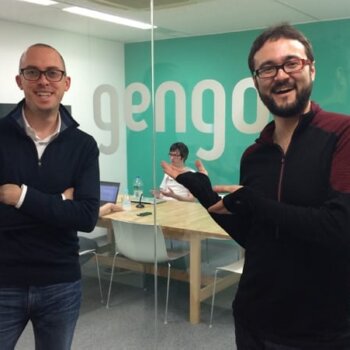(Women on Top in Tech is a series about Women Founders, CEOs, and Leaders in technology. It aims to amplify and bring to the fore diversity in leadership in technology.)
Here is my interview with Ernestina Appiah. She is a Founder and CEO of Ghana Code Club. Ghana Code Club is a STEM non-profit committed to exposing elementary school kids in Ghana, especially girls, to computer science activities. Children between the ages of 8-16 gain basic computing skills while learning to make their own games, animations and build their own websites. Ernestina is helping young children learn to build their ideas with code and providing consultancy services for early child learning centers to develop their ICT curriculum.
What makes you do what you do?
Pure passion for digital creativity was what got me started in the first place. I know for a fact what Technology has done to me. It changed my life positively and I want other girls especially from similar backgrounds as me to experience, to become independent and compete globally. Besides that, what gets me going is the hunger in these children that I teach. Children are all joyful whenever they know it’s time for coding sessions. They empower me to keep returning to my work.
How did you rise in the industry you are in?
Well, my journey started as a secretary in an Information and Technology company where I got inspired by the lead consultant who happened to be a woman to study Technology. I didn’t have the funds then to pay for tuition fees so I ceased all opportunities to learn from colleague designers and developers. With determination from my side, I was able to learn the basics of web design. Several months later, I dared to look for clients online and I got 4 clients in a row, one being an IP telecom company in the USA who gave me the opportunity to serve him permanently as a virtual assistant. I immediately registered a company and recruited professionals including web developers and a team of customer service persons to assist me in providing virtual support for this company and a few others Our job descriptions included troubleshooting, technical support, web apps development, web designing, recruiting agents all over the world, email marketing etc. For 11 years, I have been working as a virtual assistant for companies until I decided to start teaching digital skills to women and kids.
Why did you take on this role/start this startup especially since this is perhaps a stretch or challenge for you (or viewed as one since you are not the usual leadership demographics)?
I started this initiative, teaching kids to code even though I knew about the challenges because, in my part of the world, Ghana, there are no digital making activities in most schools Meanwhile we live in a technology age. Most of the world’s digital shapers were all exposed to computer science at a young age. They never know their love for technology could possibly change the world. We’re talking about industry players like Steve Job, Bill Gates, Mark Zuckerberg etc. When kids learn to code early, they learn to become problem solvers at an early age. They may not end up as programmers or coders but the skills sets help them in all their future successes.
Do you have a mentor that you look up to in your industries or did you look for one or how did that work?
There’s a game developer here in Ghana by name Eyram Tawiah of Leti Arts. He inspires me in the industry. He lives the reality of what I teach kids.
How did you make a match if you and how did you end up being mentored by him?
We were actually matched by the former second lady of the Republic of Ghana Mrs. Matilda Amissah Arthur.
Now as a leader how do you spot, develop, keep, grow and support your talent?
I read, research, learn every day, attend seminars and organize training sessions for volunteers who help me in scaling out.
Do you consciously or unconsciously support diversity and why?
Yes, I consciously support diversity because I hate discrimination and looking down on anyone in regards to who you are, where you’re coming from, your social status and whatever. I believe everyone is special in their own way.
What is your take on what it takes to be a great leader in your industry and as a general rule of thumb?
If you’re a great leader in technology, I want you to identify one common problem in your community and attempt solving it using your skills because I believe we can use Technology to achieve all goals outlined in the SDGs thereby eradicating poverty completely in all parts of the world.
Advice for others?
I’m an independent advocate for the Sustainable Development Goals (SDGs), officially known as Transforming our world by 2030. I believe together we can achieve all set of 17 “Global Goals” set by the United Nations. Aside from that, technology has a language and it’s called code. You’re reading this interview because of technology; support Ghana Code Club in scaling out to reach more kids who’ll acquire skill sets to add to the SDG goals in the world.
To learn more about Ghana Code Club, please see http://www.ghanacodeclub.org/.
I am a huge fan and cheerleader of Women Leaders — If you know of an AMAZING Woman Founder, CEO, Leader in Tech or you are one yourself — Write me here.
AMPLIFY Conscious Business Leadership with me.
